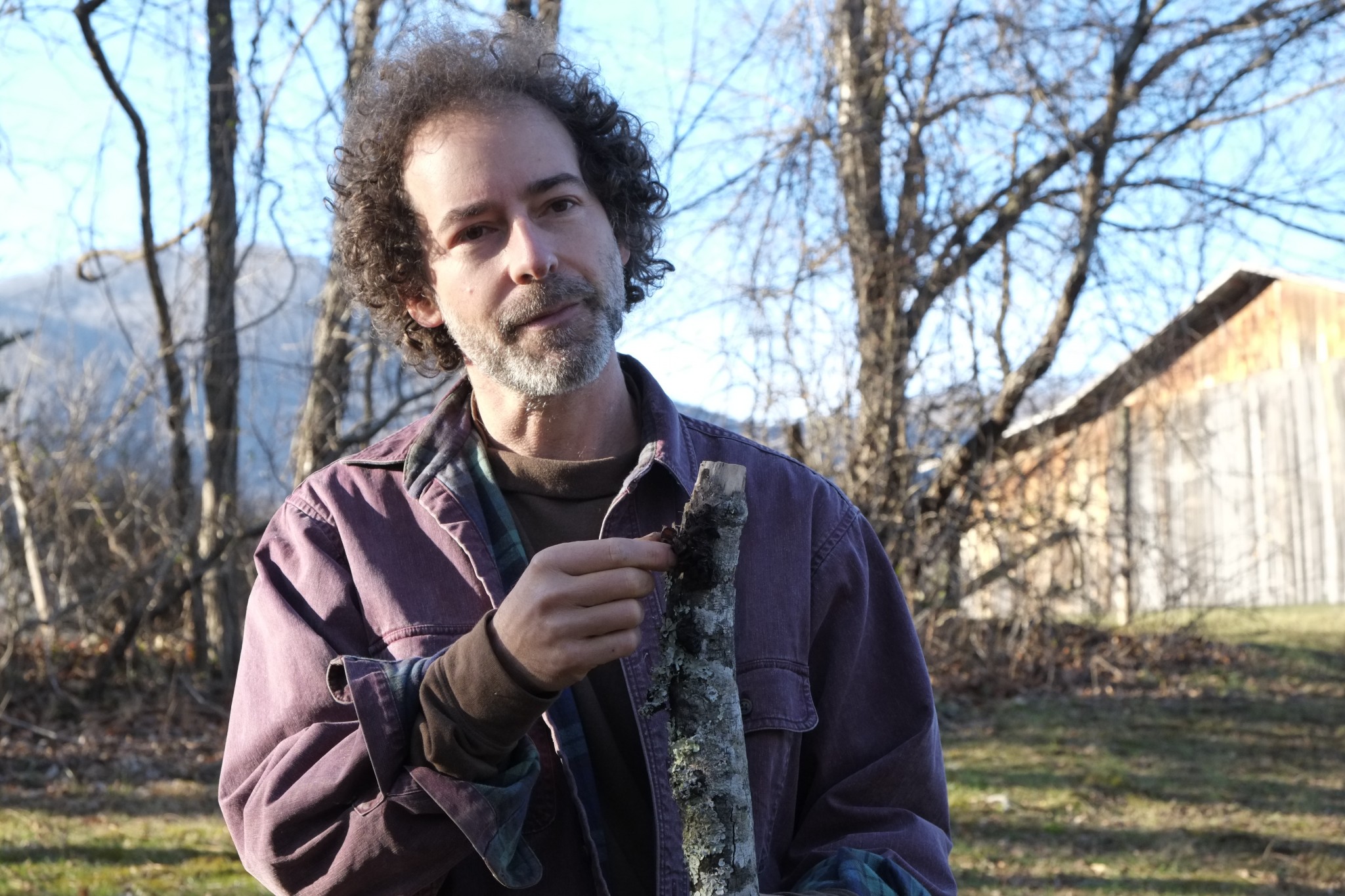Food at Our Feet: Foraging Asheville with No Taste Like Home
During my recent stay in Asheville, I was in search for the most unique experiences, those that are off the beaten path, aside from the usual micro brew, music and art scene. During the search, I came across No Taste Like Home, an experience that allows guests to learn as they experience foraging first had. Lead by Allan Muskat, the director of No Taste Like Home and an expert forager with over 20 years of experience. Allan founded the first and only forage-to-table company in the country, and the first wild foods public education program in the world. Knowing this, I knew we'd be in great hands. Foraging is a new concept that has taken the culinary world by storm. And it’s not surprising as this is all about utilizing the locally available resources and at that particular time and season. These humble ingredients, when combined with the creativity of the chef, can lead to amazing results.
For centuries, foraged food was a sign of poverty, and called “famine food,” or “animal food.” The exception was truffles and porcini, which today command enough money for a good forager to be able to wait in line at the supermarket, buying stale food with the bourgeoisie.
The adventure begins the night before, like an underground club or closed-door restaurants, guests are provided with the foraging location. The location changes depending on conditions.
A typical No Taste Like Home immersive experience usually takes place by taking a walk in the woods; but since this was December, our group took a simple walk on a farm, which became an enlightening adventure with Allan. Our tour had about 14 people or so, mostly adults. Before heading on our walk, Allan takes inventory of our reasons for coming and where we are visiting from. Some want to forge a connection with the land while others are seeking the ultimate in fresh food and self-reliance.
For me, it was to experience Asheville outside of the usual beer and music scene, paired with the curiosity of the foraging movement. I wanted to go deeper, and search for wild food resources.
What could be growing at our feet?
After everyone shares their reason for foraging, we're each given tools: A basket, a paper bag, and a brush/knife combo - a tool to help with foraging and brush off the dirt of your finds.
Within a few footsteps of our walk, we had uncovered a vast array of wild plants from dandelions to wild onions. Within those twenty steps, we took from there to here, probably everything we stepped on was edible. Allan highlighted that of our finds are the most edible and delicious, and which to avoid while mixing with bits of poetry and philosophy. A few more steps, more edibles. Food is everywhere from White Pine needles to Rose Hip berries and even black chestnuts. Who knew one could eat pine needles?
During our walk we found a few mushrooms, which was surprising since it isn't exactly the season for mushrooms.
At the end of the walk, we enjoyed some of the wild fares simply prepared on a camp stove with olive oil and wild garlic, al washed down by a simple root beer that Alan prepared. We had harvested enough for everyone also to take home a sizable bag of wild edibles.
After 3-hours foraging and learning, Allan assessed everything we foraged. Foragers can then take their treasures to one of the three Asheville restaurants that No Taste Like home works with: Zambra Tapas Restaurant, The Market Place, or King James Public House. for no extra charge, where the chef will put together a fantastic dish.
This was an amazingly awesome experience that I'd recommend doing if you're in the Asheville area. I was impressed to learn that there are over 120 edible species grow in the Asheville area. It is also famous for its bountiful array of diverse foraged edibles and medicinal plants. A big takeaway was learning that the fiber and phytochemicals, which give some wild foods their bitter taste, are some of the biggest health deficits in American diets. The way I see it, eating these things is like eating medicinal plants. I will never look at wild plants the same way again.
Foraging tours are $75 for adults and $30 for children age 4-10; and, of course you can hire Allan for a private tour. If you're interested in foraging for mushrooms, I'd recommend going mid-April to mid-October.
A special thanks to No Taste Like Home for hosting us in this amazing experience. As always, all opinions are my own.









